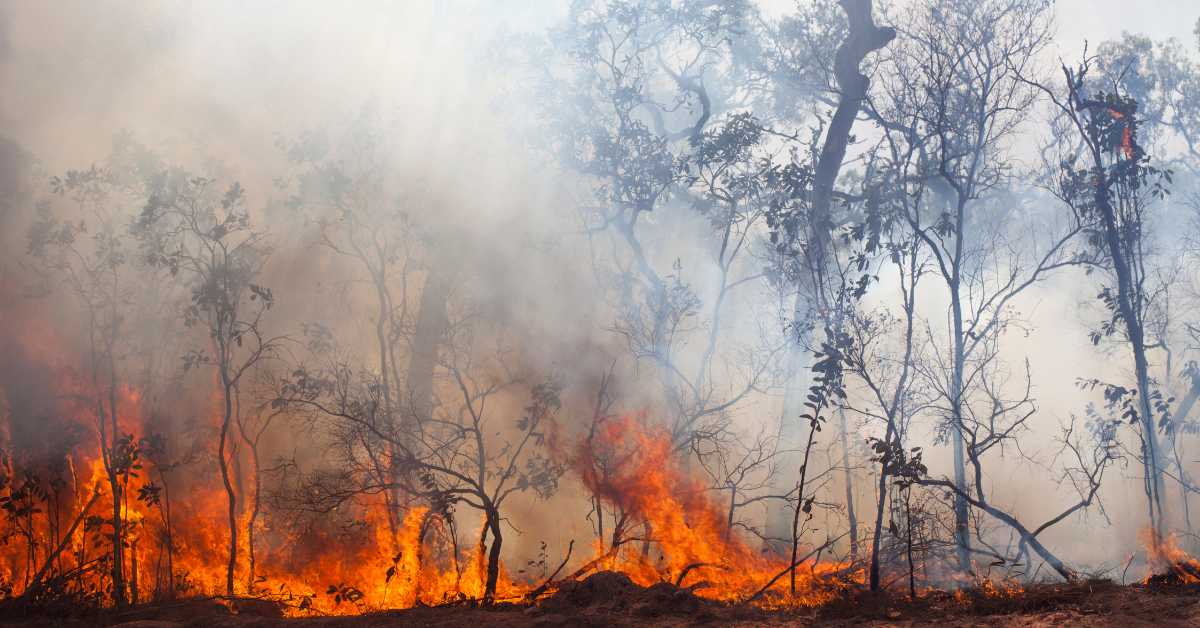As wildfires continue to affect communities across Texas, understanding the insurance claims process is vital for homeowners and business owners alike. At McLaurin Law, we're committed to providing clients with the support and guidance needed to navigate these challenging times. Drawing on recent information and best practices, here's what you need to know about the claims process following fire damage in Texas.
Before the Fire: Preparation is Key
Document Your Property: Regularly update a home inventory and take comprehensive photos or videos of your property and possessions. This documentation can significantly streamline the claims process if you need to file a claim.
Understand Your Policy
Familiarize yourself with the details of your insurance coverage, including what is and isn't covered, deductibles, and policy limits. If you're unsure, reach out to your agent for a policy review.
Immediate Steps Following Fire Damage
Report the Claim Promptly: Contact your insurance company as soon as possible to report the damage. The Texas Department of Insurance (TDI) emphasizes the importance of early reporting for a smoother claims process.
Document the Damage: Once it's safe, document the fire damage with photos or videos before any cleanup efforts begin. This evidence is critical for your insurance claim.
Prevent Further Damage: Take reasonable steps to prevent further damage to your property without putting yourself at risk. This may include covering broken windows or tarping the roof to mitigate any additional damage, such as water leaking. Keep receipts for any materials purchased as these costs may be reimbursable under your policy.
During the Claims Process
Work Closely with Your Adjuster: Your insurance company will assign an adjuster to assess the damage. Provide them with all the necessary documentation and access to your property. Clear communication with your adjuster is essential for a thorough and fair assessment.
Understand the Assessment: The adjuster will estimate the cost to repair or replace your damaged property. It's crucial for policyholders to understand how these estimates are determined and ensure they reflect the true cost of repairs or replacements.
Keep Detailed Records: Maintain a record of all communications with your insurance company, including dates, names, and summaries of conversations. This documentation can be invaluable, especially if there are discrepancies or disputes later in the process.
Tips for a Smooth Claims Experience
Mitigate Fraud Risk: The aftermath of a disaster can attract fraudulent contractors and scammers. Be wary of unsolicited repair offers and to verify the credentials of any contractors you hire.
Know Your Rights and Responsibilities: Familiarize yourself with the Texas policyholder bill of rights. Understanding your rights can empower you to advocate for a fair claims process.
Seek Professional Advice if Needed: Consider consulting with a public adjuster or legal professional if you encounter issues with your claim. Professionals can offer valuable assistance in navigating complex claims.
Conclusion
At McLaurin Law, our priority is to assist our clients through the recovery process with compassion, transparency, and efficiency. Wildfires can be devastating, but with proper preparation and an understanding of the claims process, we can work together toward a swift and fair resolution. If you have questions about your policy or need assistance with a claim, our team is here to help. Give us a call at (713) 322-5523. At McLaurin Law we are committed to supporting our clients through their recovery journey, offering expert legal counsel every step of the way.



